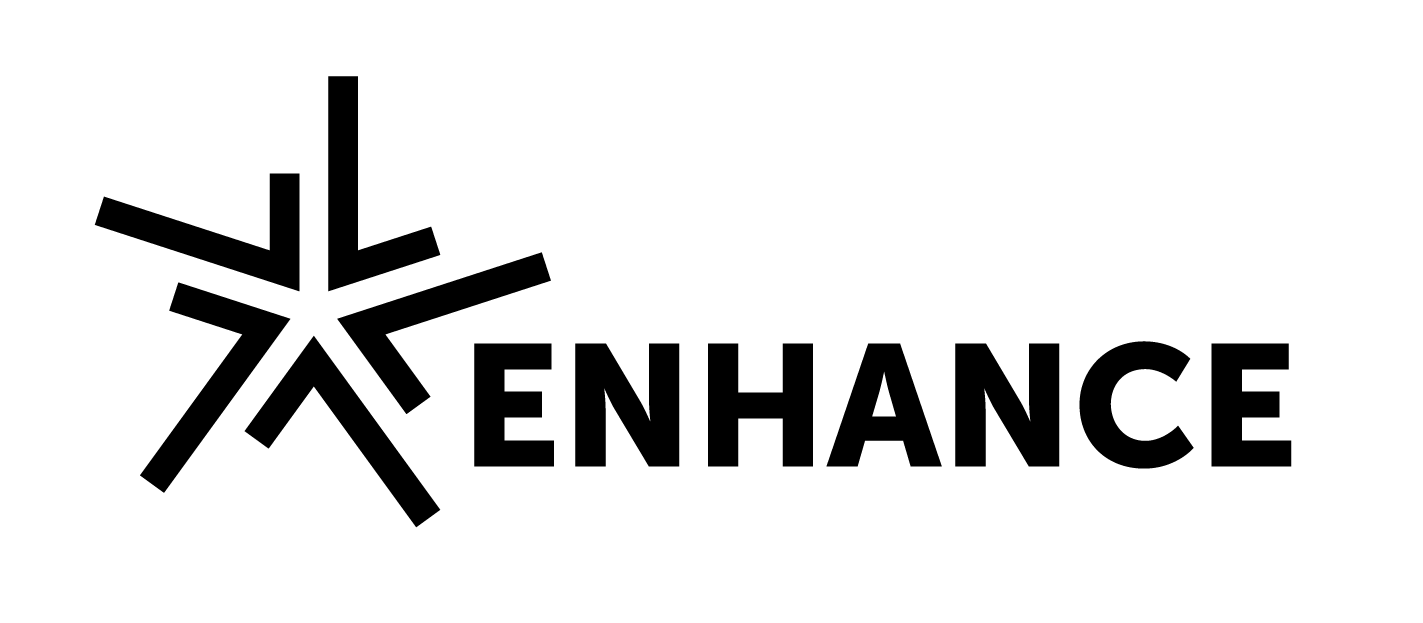
© Philipp Bieri
On 25-26 April 2024, the ENHANCE Advisory Assembly met at ETH Zurich for the first time since its role and functions within the Alliance were refined. Building on the work of the General Assembly and with a renewed focus on strategic advisory and community building, the Advisory Assembly serves now as a vital conduit for shaping the future of European higher education.
This year’s assembly focused on three pivotal topics, reflecting the evolving landscape of academia and technology:
- Fostering internationalisation for all statutory groups trough the European University Initiative
- Working Session II: AI in Education
- The Election of Chairs and Statutory Group Representatives
The assembly commenced with opening remarks from Prof. Günther Dissertori, Rector of ETH Zurich, who extended a warm welcome to the attendees and the Associated Partners. He underscored the importance of leveraging knowledge and competencies in science and technology to address global challenges responsibly, aligning with European values. Prof. Jan Vermant, Vice-Rector for Curricular Development at ETH Zurich, followed, drawing parallels between ETH’s mission and the objectives of ENHANCE.

Prof. Karl Palmas, Chair of the ENHANCE Advisory Assembly from Chalmers University, officially opened the assembly and highlighted the significance of this gathering as the inaugural meeting in the new project phase, ENHANCE+. Afterwards, Naveed Syed, Secretary General of the ENHANCE Alliance, highlighted key achievements in the new project phase ENHANCE. Dr. Philipp Bieri, Core Officer at ETH Zurich, introduced the format of the working sessions who will pave the way for concrete recommendations to the Board of Directors.

Work session I
Ana-Marija Cvitic, ENHANCE Strategy Officer, facilitated the first working session addressing the European University Initiative and opportunities for greater internationalisation. Drawing on the European Commission’s recent proposal to the European Council on attractive careers in higher education institutions, the representatives explored transnational cooperation and mobility within the alliance. Key questions focused on fostering opportunities for academic and non-academic staff, ensuring adequate resources, and identifying institutional gaps. Insights from the session underscored the need for recognition of transnational efforts in career advancement, as well as enhanced facilitation of mobility opportunities for academic and non-academic staff. As the discussions unfolded, it became evident that while progress has been made, there remains work to be done to fully realise the potential of transnational collaboration within the ENHANCE Alliance.
Work session II
Dr. Gerd Koertemeyer, Specialist for AI in Education at ETH Zurich, facilitated the second work session, providing insights into the opportunities and challenges of integrating AI in education. While AI-enabled technologies offer potential benefits for enhancing learning and teaching, participants emphasised the need for ethical considerations and careful curricular adaptation. Faculties and teaching staff need to revise the intended learning outcomes of each study programme in order to examine if the curricular allows the study to really understand and apply the content – or if learning and teaching are merely focussed on theory and the learning by heart of.
Recommendations focused on educating stakeholders about AI, adapting curricular and pedagogical techniques, and avoiding over-dependence on proprietary technologies. The working groups underline that it’s crucial to provide all relevant statutory groups of the university with knowledge and understanding of AI, including its principles, capabilities, limitations, and ethical considerations.
Election
In addition to the discussions, the assembly elected the chairs and statutory group representatives, ensuring effective governance and representation within the Alliance.
The ENHANCE alliance welcomes and congratulates these elected colleagues:
ENHANCE Advisory Assembly Chair: Prof Monica Riva, PoliMi
Position:Full Professor at the Politecnico di Milano, PoliMI (Italy), Department of Civil and Environmental Engineering and Adjunct Professor at the Department of Hydrology and Water Resources of the University of Arizona (USA)
ENHANCE Advisory Assembly Co-Chair: Dr Anmar Kamalaldin, Chalmers
Position: Postdoc in Sustainable Entrepreneurship and Innovation, Division of Entrepreneurship and Strategy at Chalmers
Statutory group representatives:
- Statutory Group Representative students: Albaraa Khalil, TU Delft
- Statutory Group Representative early-stage researchers: Dr Anmar Kamalaldin, Chalmers
- Statutory Group Representative professors: Prof Monica Riva, PoliMi
- Statutory Group Representative staff: Mattias Bingerud, Chalmers



